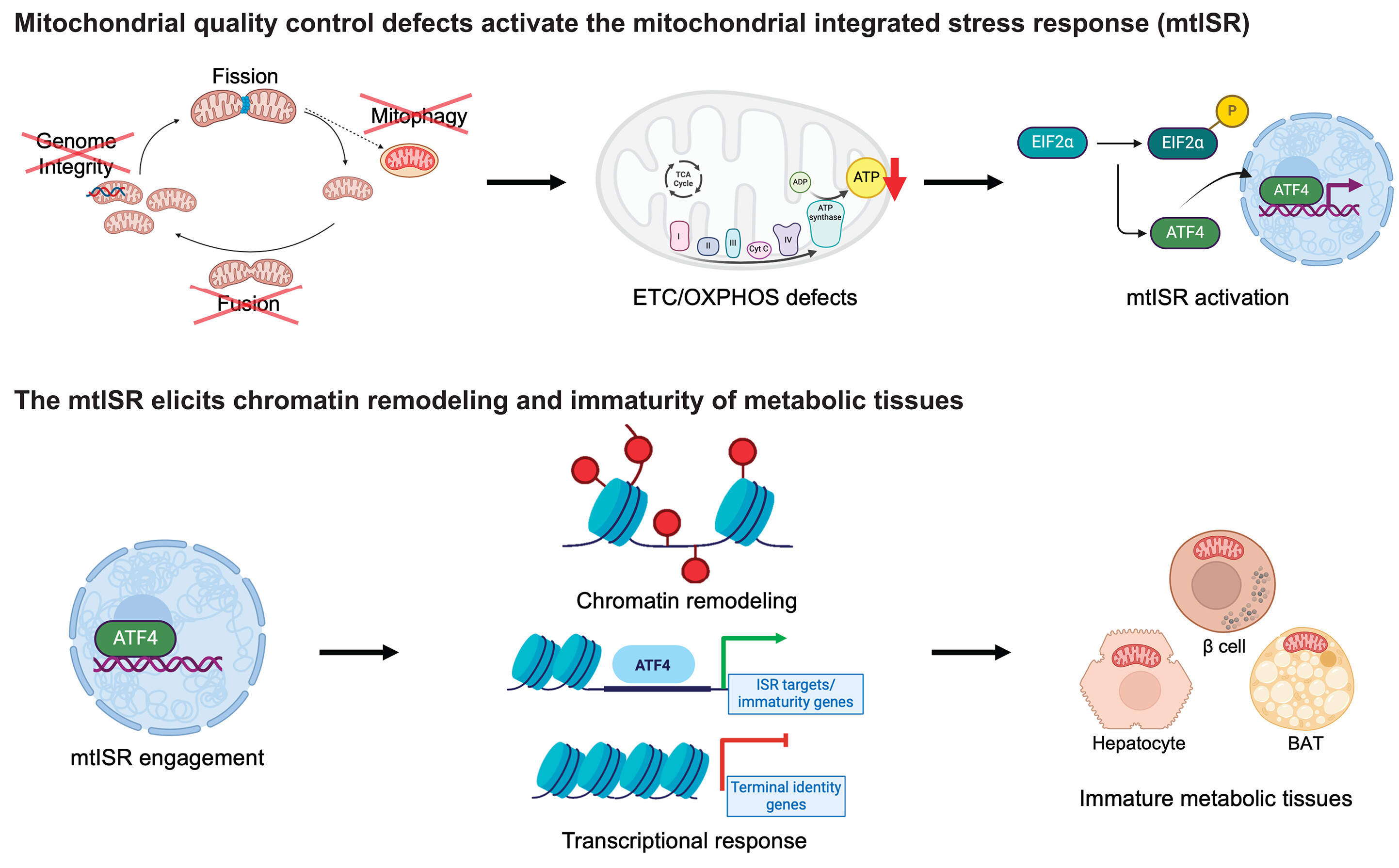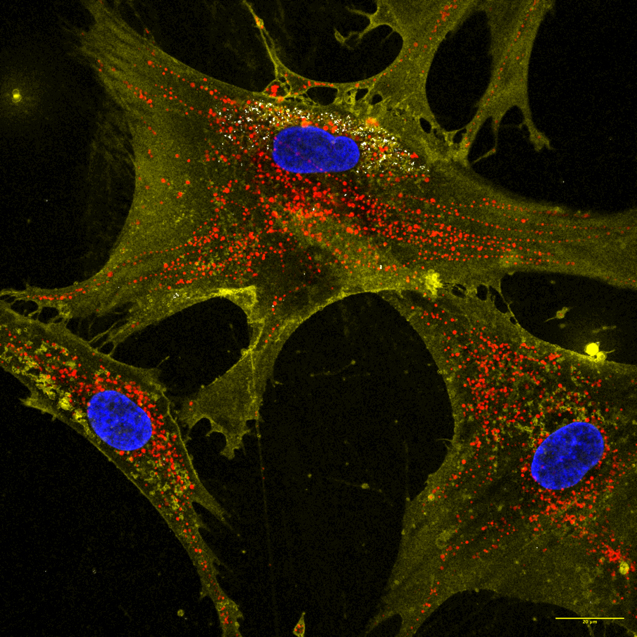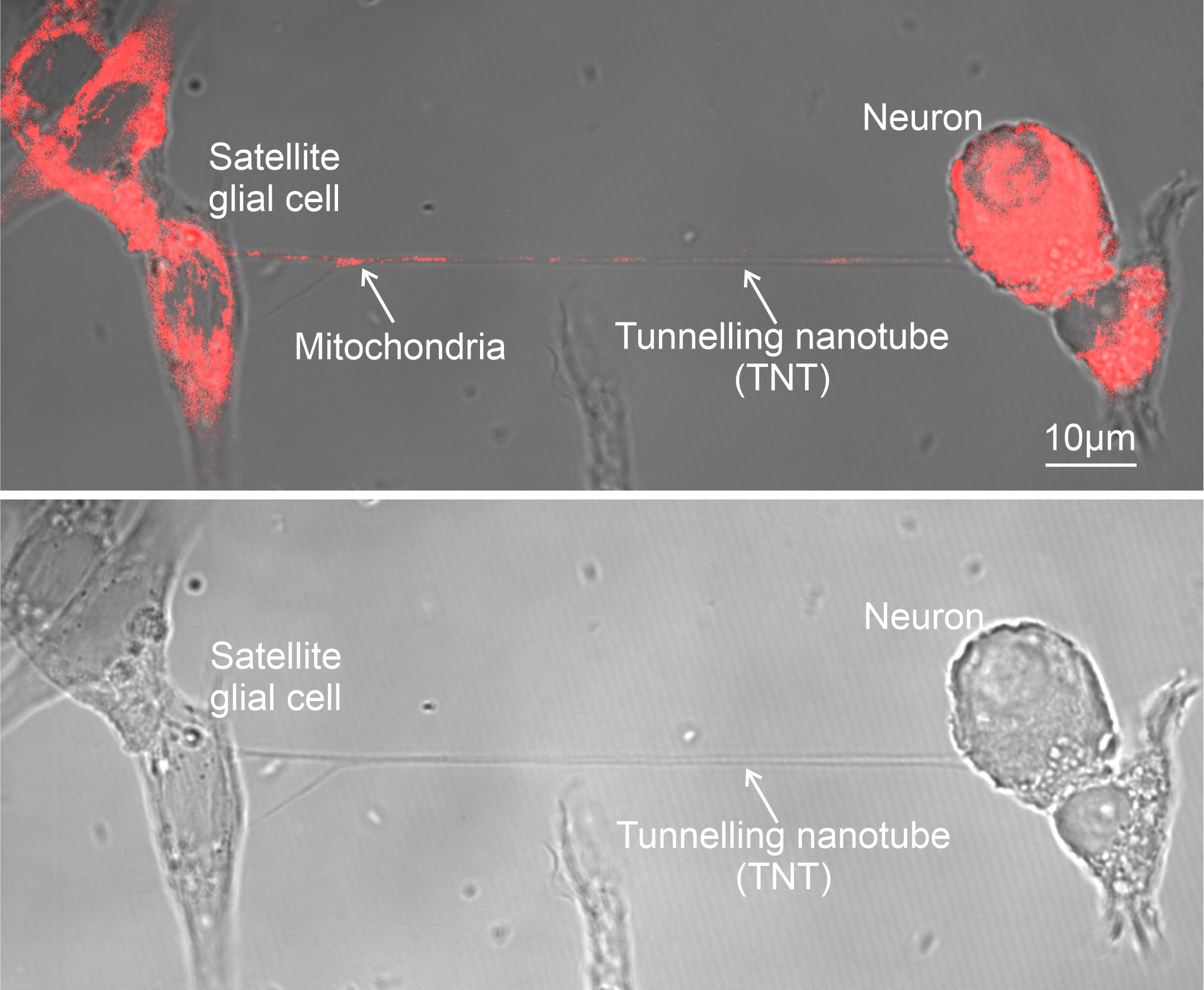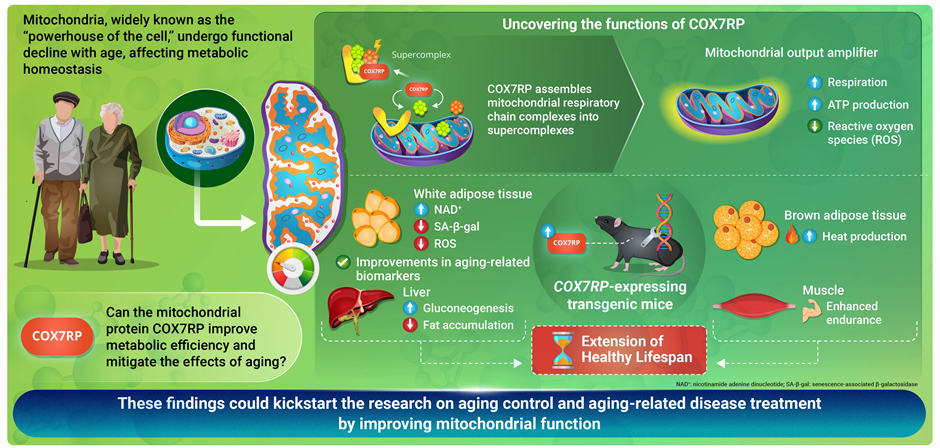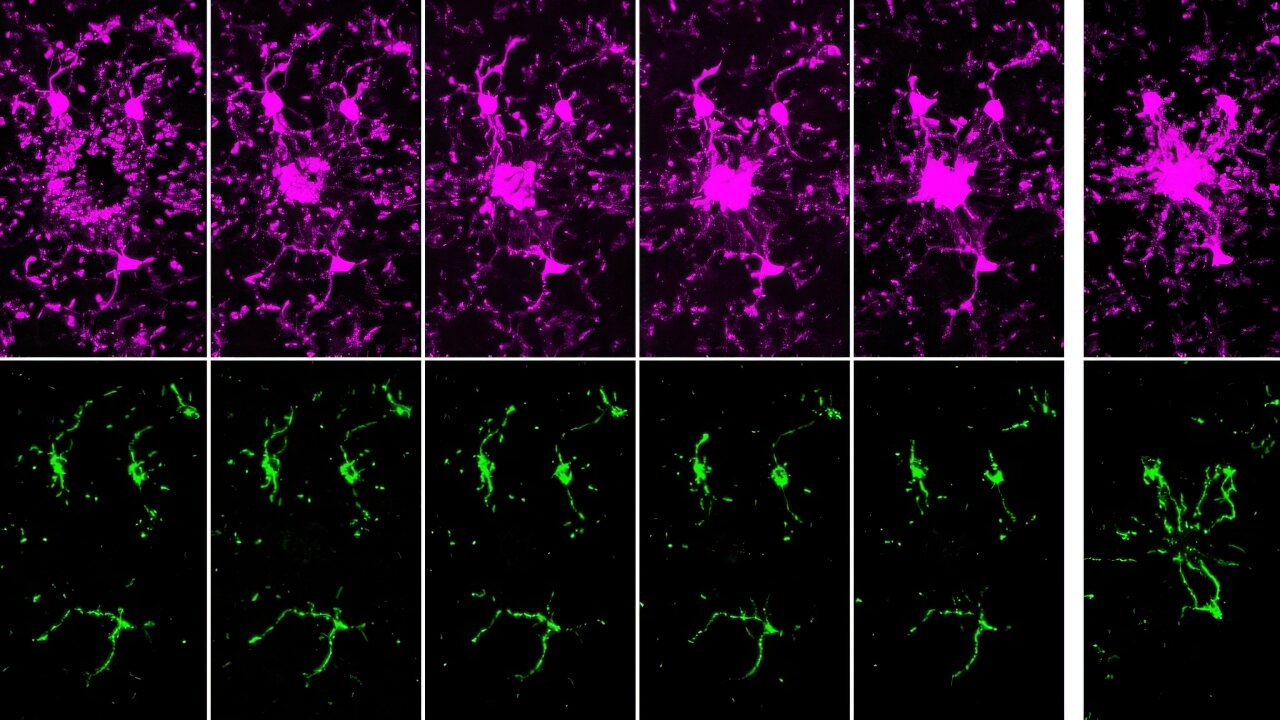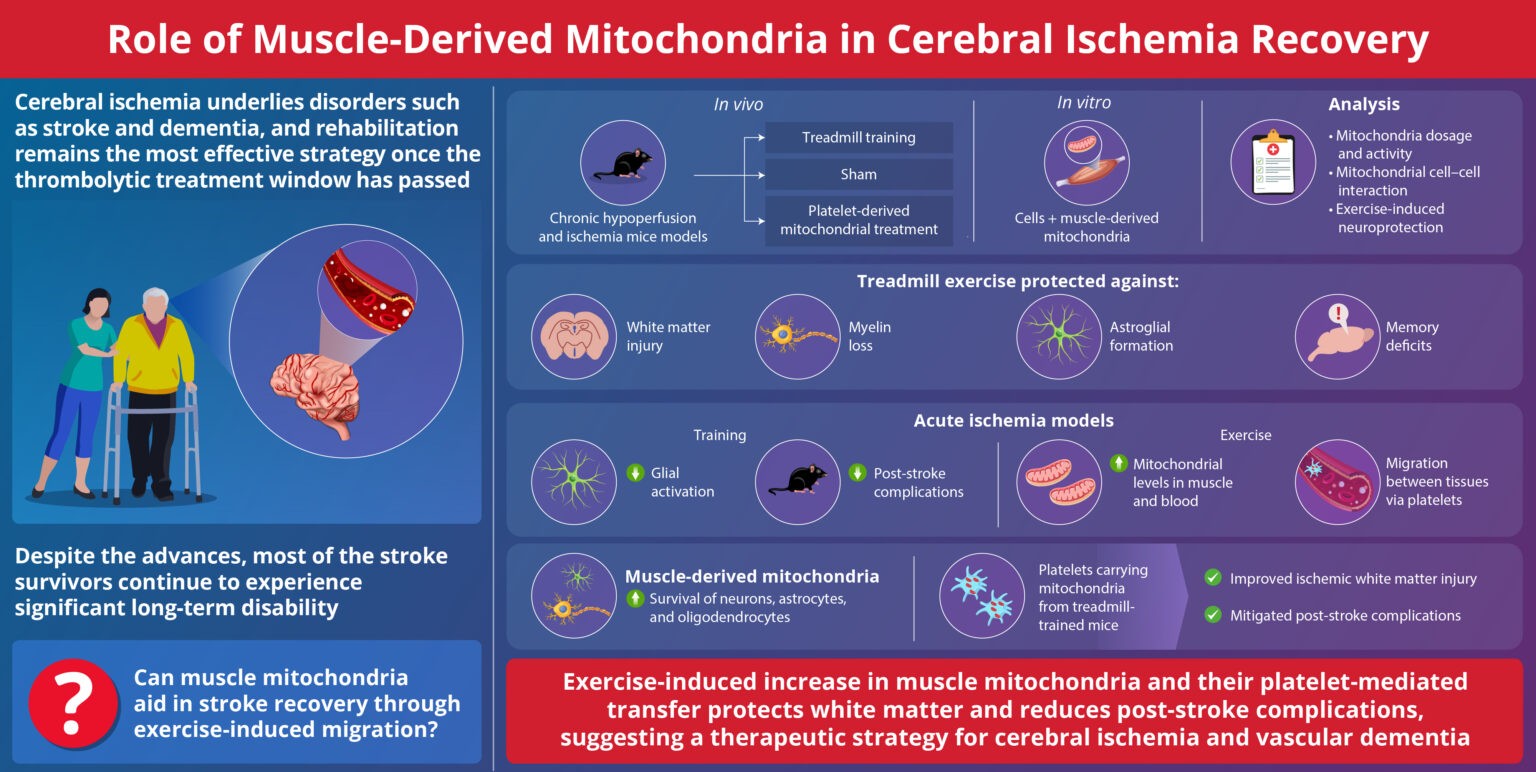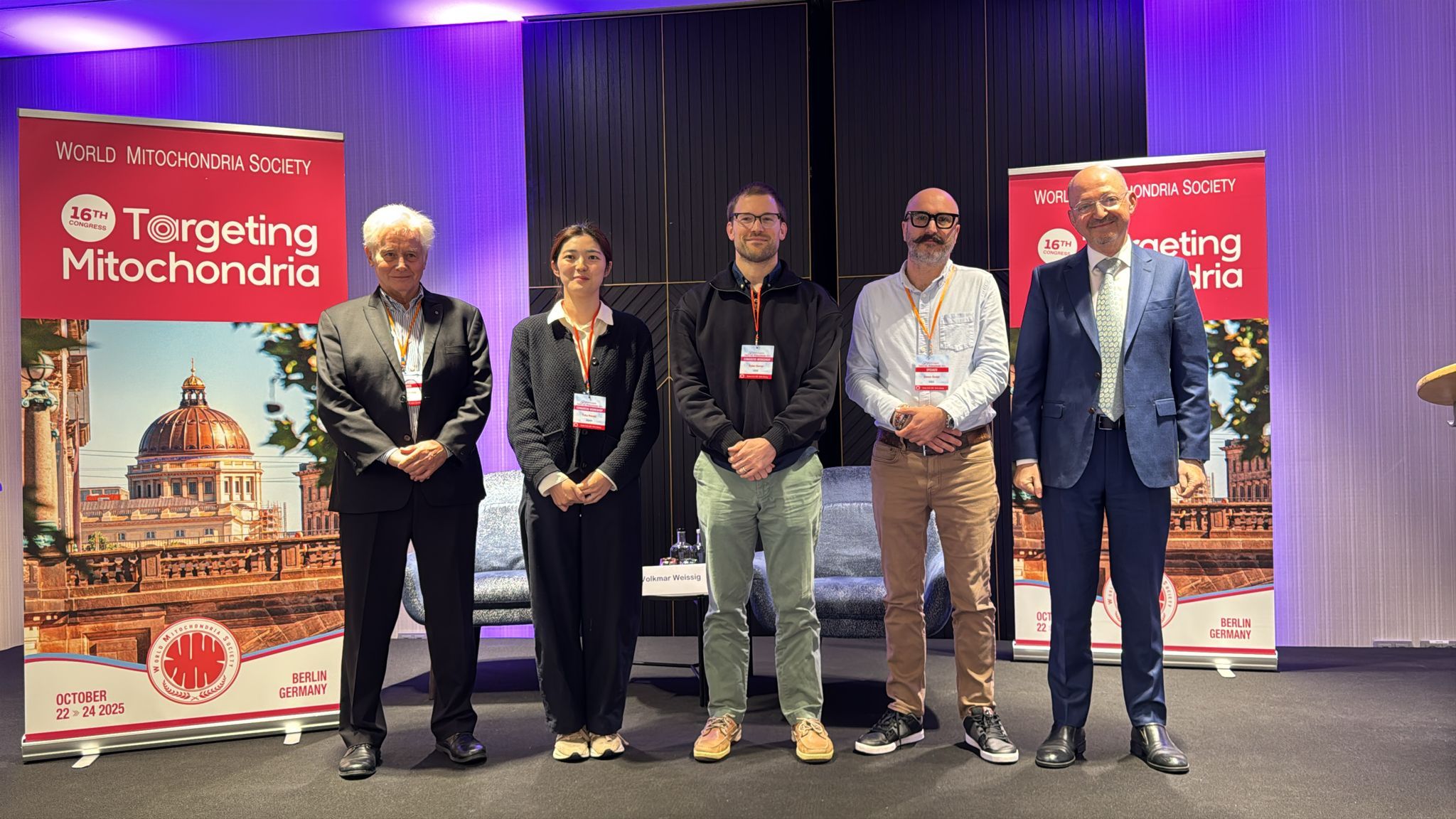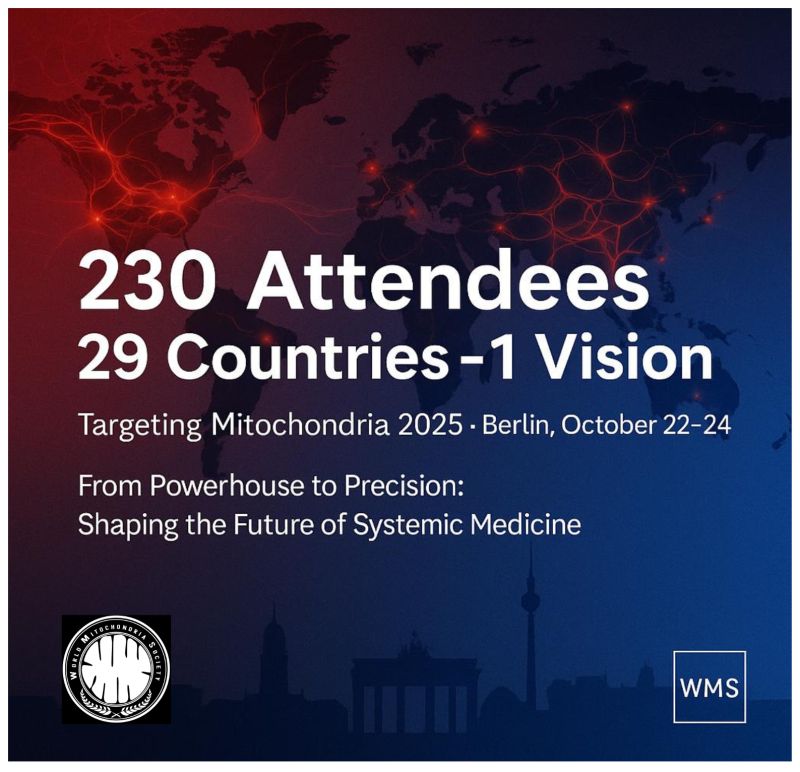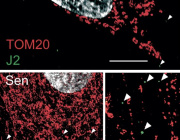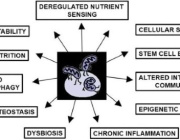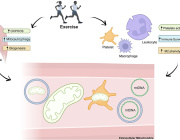Mitochondrial DNA: A Key Player in Cell Death and Inflammation
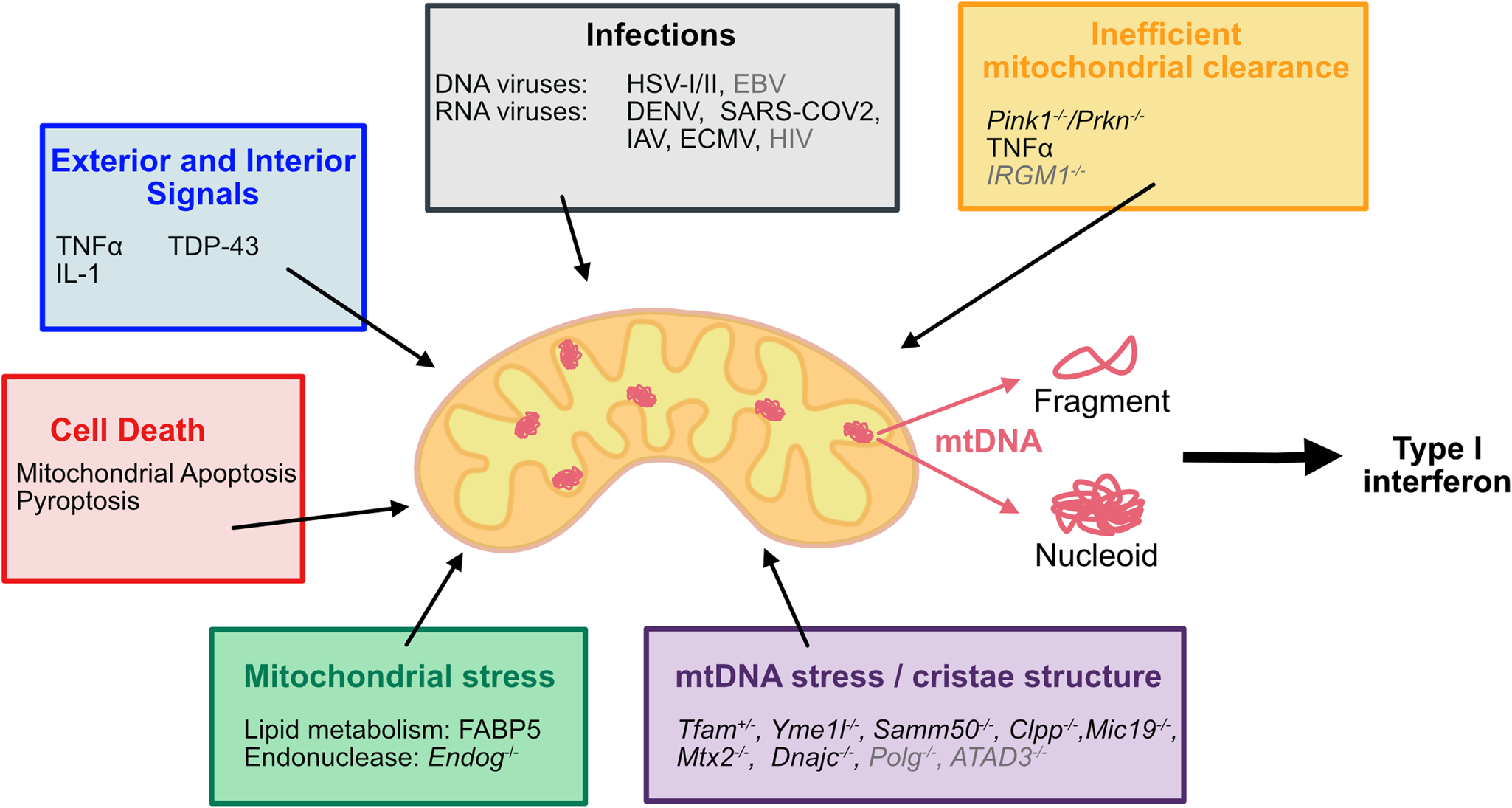
Overview of factors inducing mtDNA release
Cytosolic DNA is recognized by the innate immune system as a potential threat. During apoptotic cell death, mitochondrial DNA (mtDNA) release activates the DNA sensor cyclic GMP–AMP synthase (cGAS) to promote a pro-inflammatory type I interferon response. This inflammation can engage anti-tumor immunity, offering a potential avenue for cancer therapy.
Stephen W.G. Tait explained that various studies have described mtDNA leakage independent of cell death, triggered by pathogenic infections, changes in mtDNA packaging, mtDNA stress, or reduced mitochondrial clearance. While the interferon response in these scenarios can be beneficial, it may also contribute to disease phenotypes. Understanding the cues and factors inducing mtDNA leakage into the cytosol during cell death and beyond is crucial to purposely promote (e.g., in cancer, infections) or hinder (e.g., mtDNA-associated disease phenotypes) mtDNA release pharmacologically.
During apoptosis, mtDNA is released upon mitochondrial outer membrane permeabilization (MOMP) in caspase-deficient conditions. The cytosolic mtDNA activates the DNA sensor cGAS, inducing an NFκB and type I interferon response, thereby promoting inflammation. Beyond apoptosis, other cues such as mitochondrial stress, mtDNA stress, and pathogenic infections induce mtDNA release through distinct mechanisms, causing inflammation via activation of DNA sensors (cGAS) and receptors (NLRP3, AIM2, or TLR9).
To date, mtDNA release has been observed in a variety of systems and circumstances, resulting in inflammatory gene expression. However, the mechanistic insight into how mtDNA reaches the cytosol and how its recognition is regulated remains ambiguous and requires further research. Moreover, understanding the impact of mtDNA-driven inflammation in health and disease is vital for pharmacological intervention and necessitates in-depth knowledge of the pathway.
Dr. Stephen Tait will present his latest findings on mitochondria and inflammation at the Targeting Mitochondria 2024 conference on October 29-31 in Berlin.









